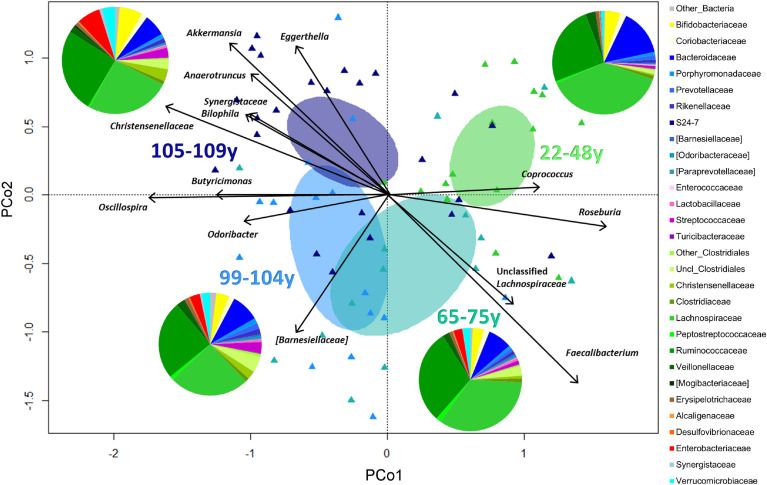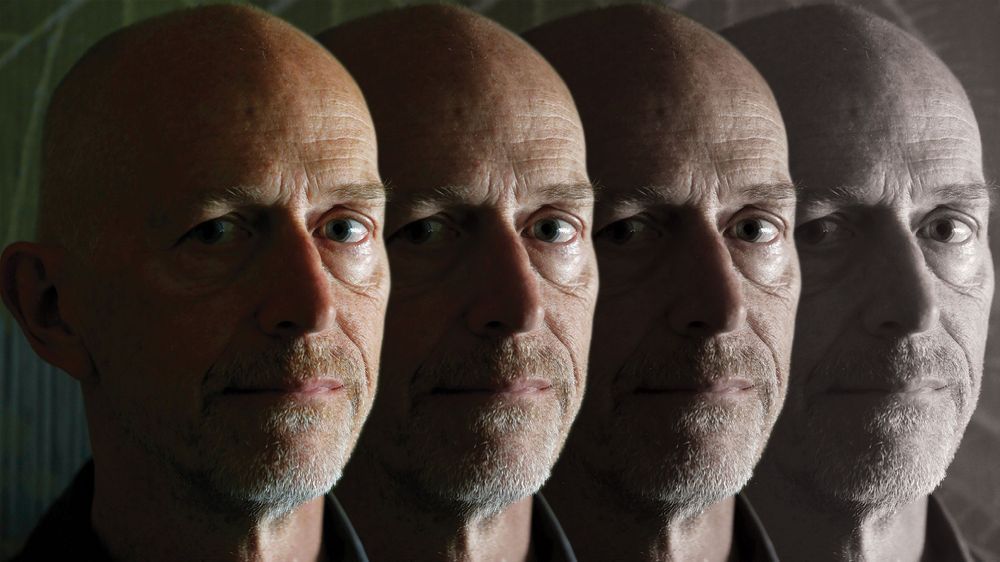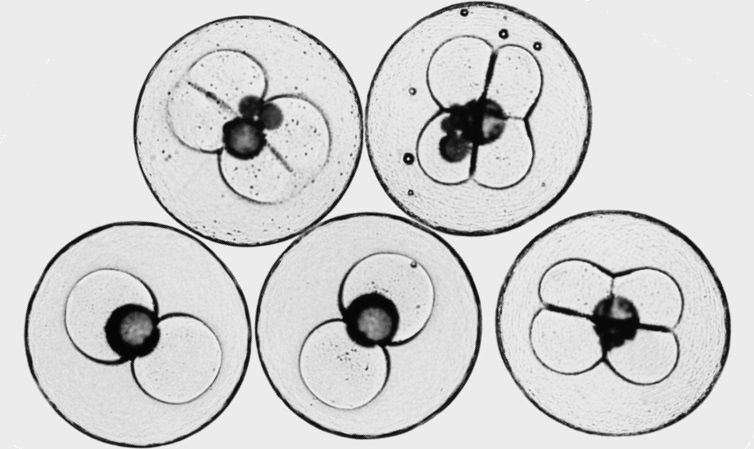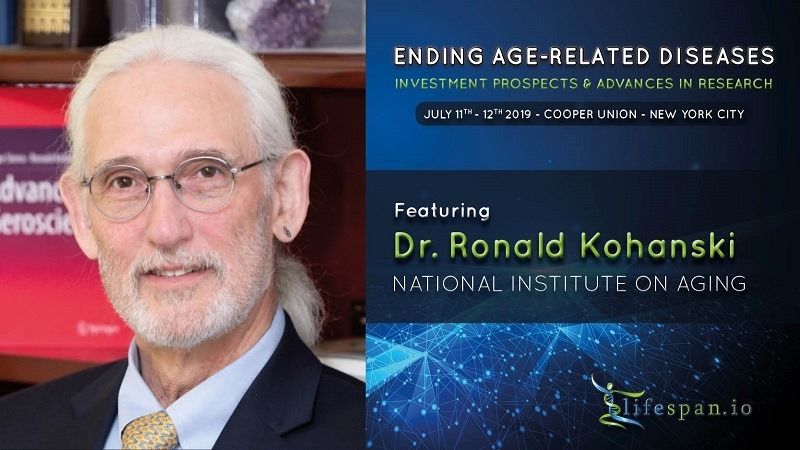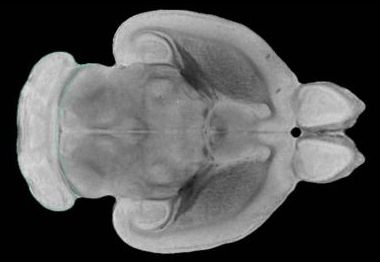For a core of longevity true believers, the time to intervene is now.
“How old are you?” James Clement wanted to know.
I turn 50 this year. There’s a new creaking in my bones; my skin doesn’t snap back the way it used to. It’s developed a dull thickness—you can’t tickle me at all. My gums are packing it in and retreating toward my jaw. These changes have been gradual or inexplicably sudden, like the day when I could no longer see the typed words that are my profession. Presbyopia, the ophthalmologist told me. Totally normal. You’re middle-aged.
To Clement, though, my age was great news. “Yep, you are going to live forever,” he said. “I think anybody under 50 who does not have a genetic liability will make it to longevity escape velocity.”
